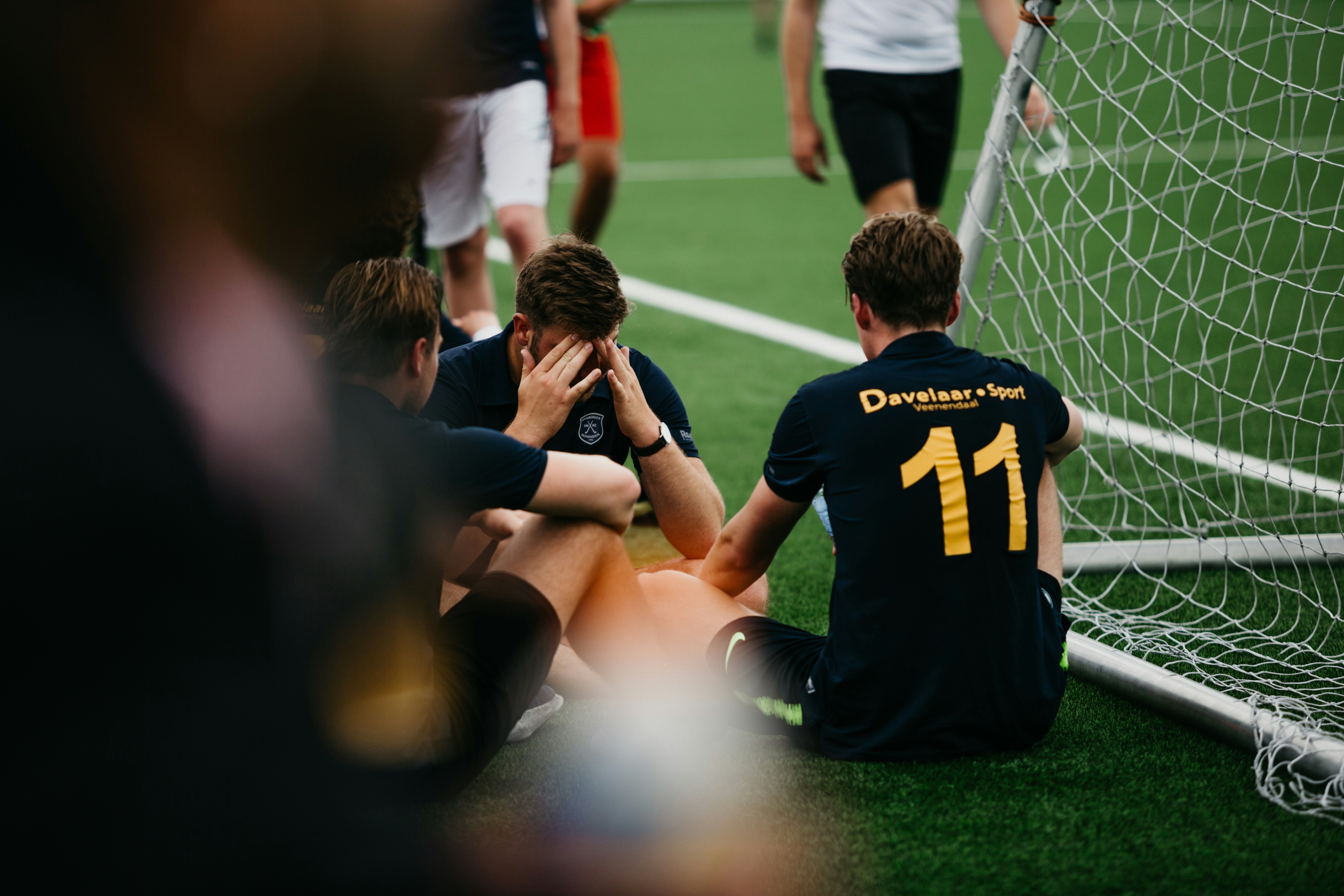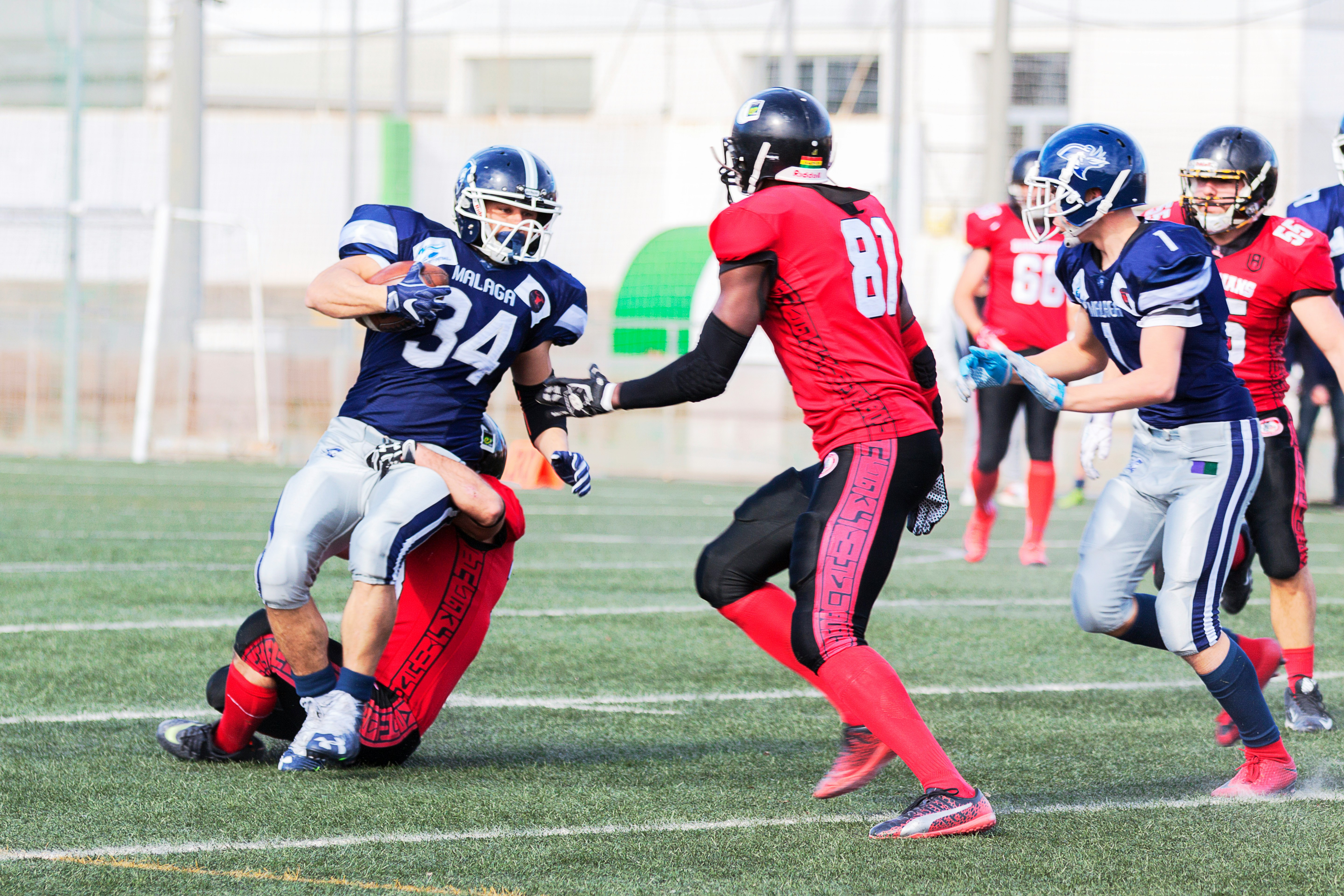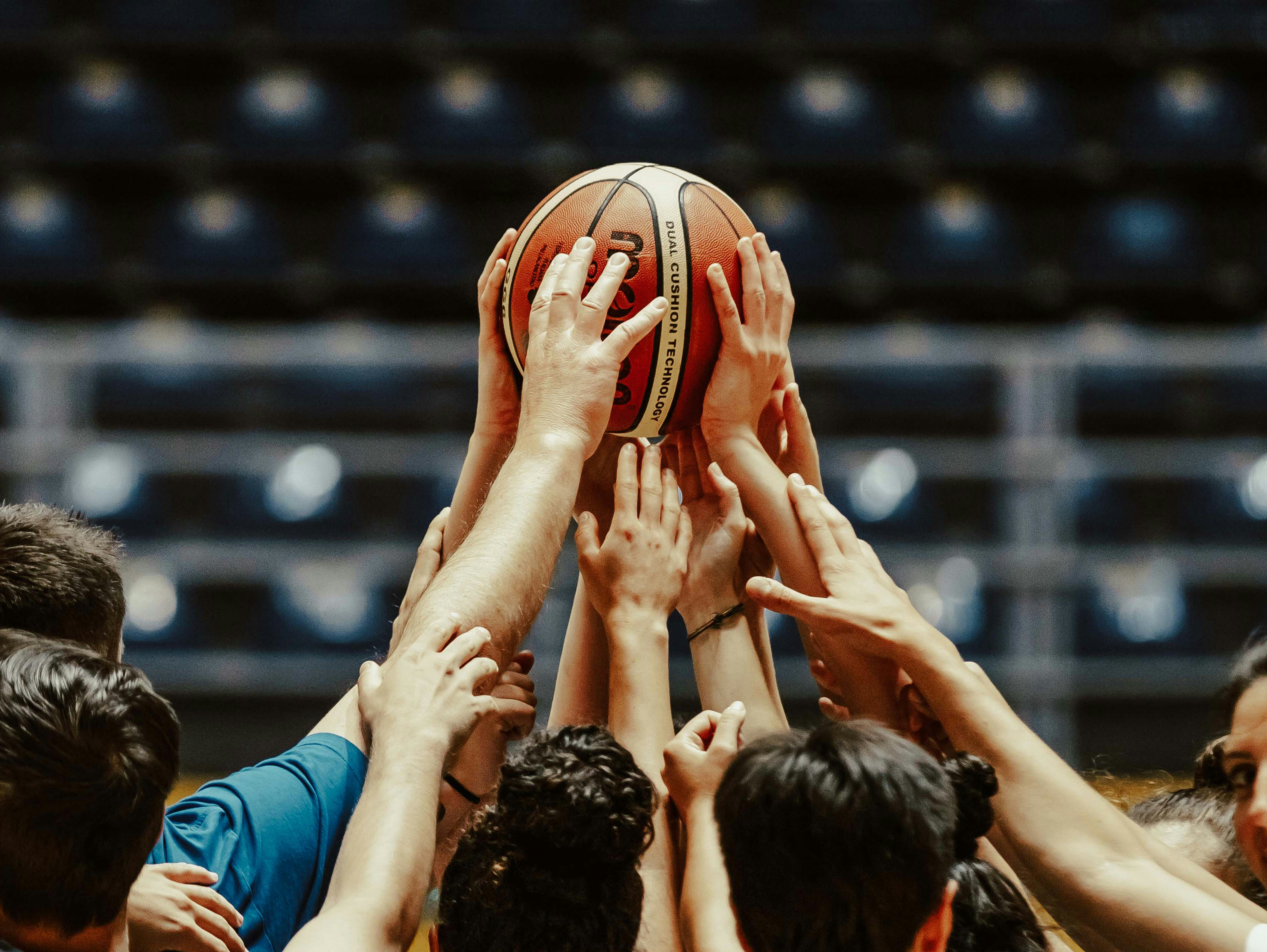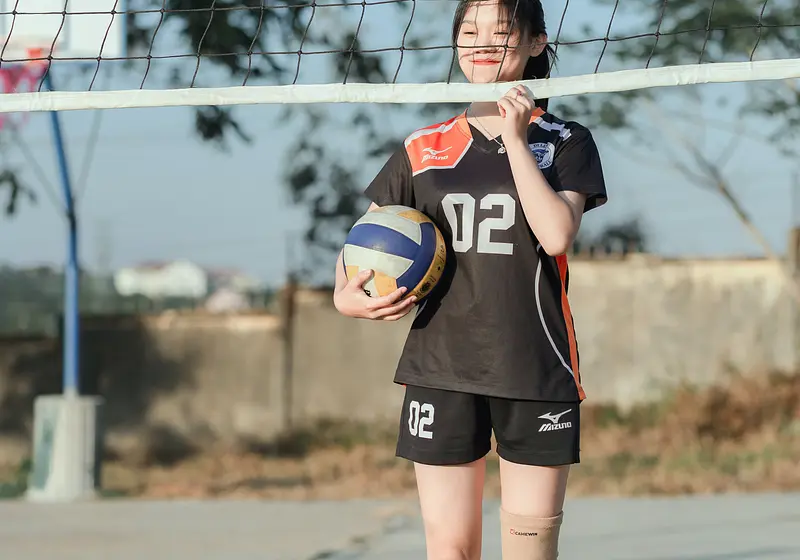“What's our goal.”
This was a phrase used by my high school soccer team over my senior year. As a captain, I instilled this phrase into the team not to better understand our mission for the season, but rather to remind others why we were even stepping onto the field in the first place. With an original mission to strengthen the unity and cohesiveness of the team, this phrase grew into a broader understanding of the value of being a part of a sports team. Having a nearly undefeated season and being runners up to regional champions, I learned that determining “what’s our goal” is a key element in nearly all skills that sports teach their participants.
In the U.S. alone, 242 million people (80% of all 6-year-olds and older) participate in at least one sport or fitness activity. Amongst these people, more than 97% of those also pursuing an education while playing sports graduated high school 10% higher than those who did not participate in sports, holding higher GPAs than non-athletes. With studies showing a relationship between participation in sports and success in academics, the question that arises is, “how is being a part of a sports team beneficial?” This article will explore the many benefits sports have to offer to explain and quantify the transformative experience one has from joining a sports team.

Photo by Volodymyr Hryschenko
Let us slide into your dms 🥰
Get notified of top trending articles like this one every week! (we won't spam you)Communication
A team that does not communicate does not realize its goals. In a team that lacks communication, teammates become isolated from one another as players and become limited in their ability to understand what their teammates want or need. Therefore, not only do you become ineffective in reaching your team's goal, but you also put the safety of your teammates in jeopardy, especially under high-stress situations. For example, in physical sports such as soccer, if I do not warn my teammate of a defender behind them when I pass them the ball, then my teammate is prone to turning directly into a player who wants nothing more than to take the ball and take them out. If my high school soccer team could not communicate, understanding what our collective goal was would be impossible, making our aspirations nearly unattainable. Thus, one of the first things learned when being a part of a sports team is strong communication skills.
Developing strong communication skills is not only an important feature in a successful sports team, but it's also an important life skill. Translating these skills into a work environment, whether it’s working on big projects or small tasks, communication in the workplace makes completing these assignments easier. As there can be uncertainty and stress in completing tasks, knowing how to both offer and receive constructive criticism allows you to perform assigned tasks more effectively, as you are taking in information in a healthy manner.

Image Credit: Joppe Spaa from Unsplash

Take the Quiz: Which Squid Game Player Are You?
Ever wondered which player you’d be if you found yourself in the Squid Game universe? Take this quiz to find out which character matches your perso...
Relationships
Joining a sports team is one of the best ways to build and learn how to develop relationships with others. At the end of tryouts for my senior year of high school soccer, it had come to my attention that a teammate and friend I had known for years, Tylan Kilic, was cut from the team. Upon discussion with one another, I and my fellow teammates who knew Tylan were frustrated by the coaches' decision as we knew how valuable Tylan could be to our team. After gathering our words and building up courage, we professionally confronted the coach on the matter and were able to give Tylan another chance at joining the team. Tylan went on to be the leading goal scorer not only for our team but all players in our region. Through that simple act, not only am I lifelong friends with Tylan, but I have created strong relationships with all those teammates who stood up with me. In a small courageous act, our team quickly learned the power we had when working together, pushing us one step closer to reaching our goal.
Playing sports, especially at a young age, can teach you the art of understanding others and the relationships between your actions and them. Winning and losing as a team and understanding your contribution to that result helps you to understand the meaning of shared responsibilities. By taking responsibility for part of the loss and giving credit to those who succeed, the art of shared responsibilities taught through sports supplies us with a healthy mechanism for conducting relationships with those we work with. Not only is understanding shared responsibility important in maintaining a feeling of togetherness amongst your teammates, but it is also an important skill in the workplace. Understanding each person's role and importance in a team-based setting can make delegating tasks more effective and understanding your co-workers easier.
Furthermore, outside of understanding shared responsibilities, playing sports reduces stress, making approaching and talking with others easier. Thus, when being in a setting (e.g., a new sports team), where you may not know everyone, having this stress relief allows you to ease into branching out and expanding your social network.

Image Credit: Quino Al from Unsplash
Perseverance
My senior year high school soccer team was far from perfect. Throughout the season, we tied and lost games we shouldn’t have, let our emotions get the best of us, and became complacent in moments when we needed to be aggressive. However, it was our ability to reflect and work even harder to improve that led to our successful season.
In the realm of sports, winning is no guarantee. While there may be many victories experienced when a part of a sports team, at some point in time, you will experience loss and adversity. Learning how to move past failures in sports is imperative to ensuring future success, and thus, those who participate in the sports world learn the art of perseverance. Research shows that organized team sports help their participants develop “grit,” which can be defined as “working hard, having passion, and persevering through difficult times”. While the nature of grit is a critical skill that allows athletes to move beyond failures, it's an important life skill as well. Studies show that grit increases academic success, life satisfaction, happiness, and self-efficacy.
Aside from developing grit, athletes who learn to persevere increase their capacity to self-motivate, staying determined to improve and keep playing the game. Learning this through perseverance once again ties into the professional world by teaching responsibility and how to stay on task.
 Image Credit: Austin Diste from Unsplash
Image Credit: Austin Diste from Unsplash
Leadership
Despite being captain of my senior year high school soccer team, I was not the only leader on the field. There were many times when I underperformed, lacked discipline, and was too caught up in what was happening outside rather than inside the game. It was my teammates who knew the importance of leadership that kept the team on track towards our goal. If I learned anything from that soccer season, it was that a leader is not a definitive position; it's a fluid characteristic that we can all embody.
In the world of Fortune 500 companies, 80% of female executives have participated in sports. Furthermore, leaders like Ford's former CEO Jim Hackett or Whole Foods CEO Walter Robb have claimed to have played sports. With a strong correlation between world leaders and their participation in sports, we must ask if and how sports develop leadership skills. In the sports world, all participants have experience either leading or being led. As such, you gain first-hand experience in either acting out or observing what a leader looks like. Having the opportunity through sports to analyze the best and worst qualities of the leadership surrounding you, one can discern, based on real-world evidence, what makes a good leader.
Thus, when thrust into the professional world, an athlete has the advantage of not only recognizing good leadership but emulating it. During the times when I was not being a good leader, I am thankful for those teammates who were able to replicate the positive leadership skills I had shown them and recognize when I was no longer expressing them.
Image Credit: Davide Aracri from Unsplash
Conclusion
There is an abundance of skills and lessons to be learned from joining a sports team. The skills and lessons shared in this article are only some of the most common found when participating in team sports. While it's not the only opportunity to explore these skills and lessons, sports offer a unique opportunity to learn with others under stress, passion-filled, and emotionally induced situations.
In doing so, the experiences you have will transform you and those you share them with forever.














